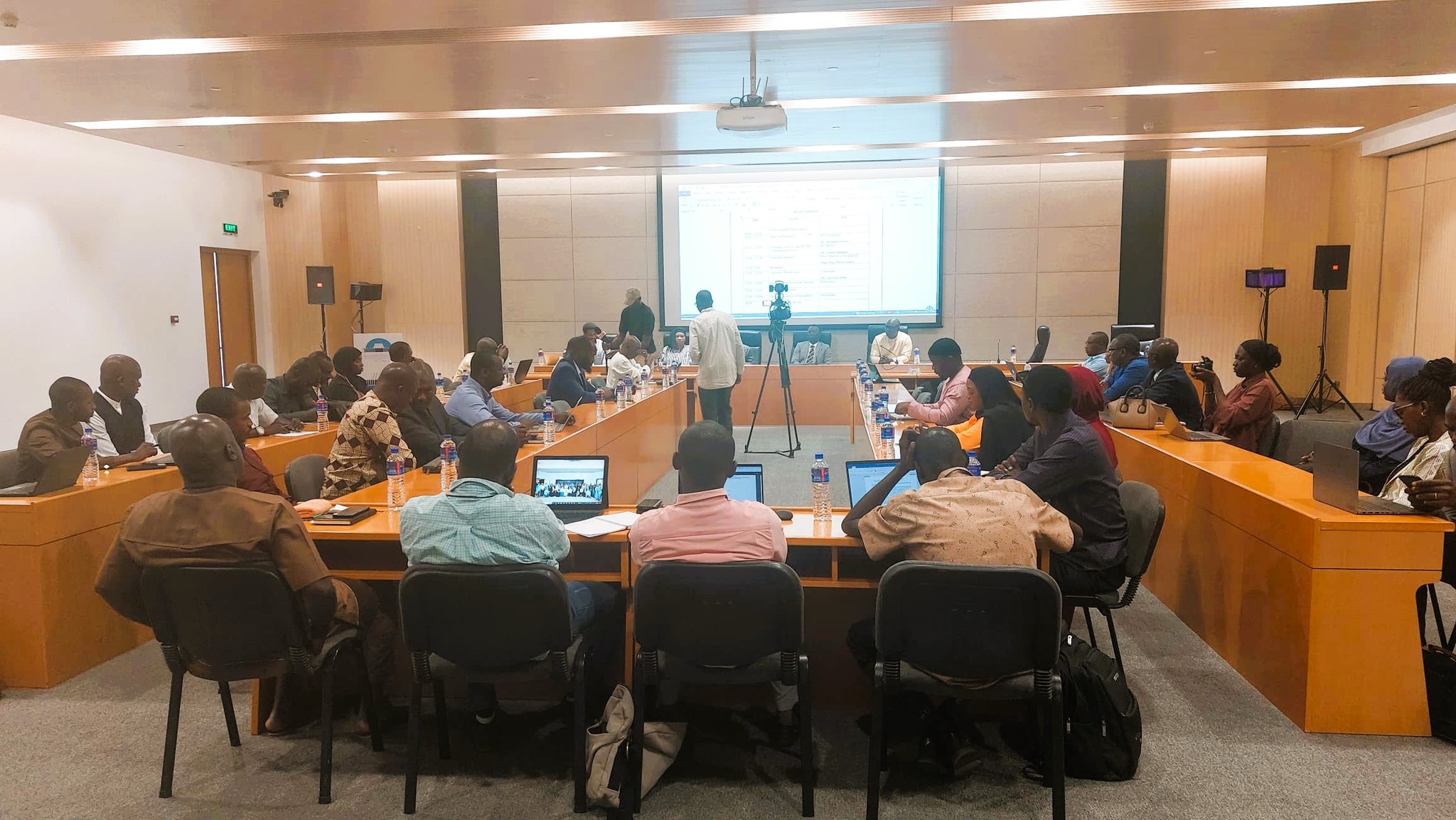Gambiaj.com – (BANJUL, The Gambia) – In a significant step toward fostering socio-economic development, The Gambia has validated its draft National Human Capital Development Strategy (NHCDS) 2024-2030. This milestone aligns with the ECOWAS Regional Integrated Human Capital Development Strategy (HCD), which seeks to harmonize human capital initiatives across member states.
The validation ceremony, held at the Sir Dawda Kairaba Jawara International Conference Centre, was attended by key stakeholders, including the Permanent Secretary of the Ministry of Trade, Industry, Regional Integration and Employment, Mr. Lamin Dampha, and the Minister of Higher Education, Research, Science, and Technology, Professor Pierre Gomez.
Mr. Dampha emphasized the shared commitment to advancing The Gambia’s socio-economic development. “Human Capital Development is at the heart of our national development agenda, as it directly influences our economic growth, social progress, and overall prosperity,” he stated. This focus is prominently reflected in Pillar IV of the Recovery-Focused National Development Plan 2023-2027, known as ‘Yiriwa’.
“We all know that by investing in the health and well-being, education, and entrepreneurship of our citizens, we are laying a very solid foundation for a sustainable and inclusive future,” Mr. Dampha added. He highlighted that the strategy’s development was funded by the ECOWAS Commission through the ECOWAS National Office of The Gambia, aiming to make ECOWAS the powerhouse of HCD in Africa by 2030.
Minister Gomez noted that Africa is experiencing profound economic shifts that impact human capital development. He pointed out that while technology advancements are beneficial, urgent action is needed to address climate change consequences such as food shortages, displaced populations, and increasing poverty.
“The National Human Capital Development Strategy for The Gambia (2024-2030) outlines a comprehensive framework to foster the development of the country’s most important asset: its people,” Minister Gomez stated. He added that the strategy, anchored on principles of inclusivity, equity, and sustainability, sets a roadmap to enhance the capabilities, skills, health, and well-being of all Gambians.
Despite progress in healthcare, education, and employment, challenges such as high unemployment rates, skills mismatch, and health service inequalities persist. The NHCDS is designed to address these challenges and harness the full potential of the Gambian population. Following extensive consultations, three priority areas were identified: Health and Nutrition, Education and Skills Development, and Employment and Inclusive Economic Opportunities.
Minister Gomez affirmed that the NHCDS (2024-2030) represents a bold commitment to investing in the country’s greatest asset: its people. By focusing on health, education, and employment, the strategy aims to empower Gambians to lead fulfilling lives, contribute meaningfully to the economy, and build a prosperous and inclusive nation for future generations.
As the validation process concludes, stakeholders are urged to maintain the spirit of collaboration and partnership. The success of this strategy hinges on collective efforts to leverage strengths and resources for the common good, ensuring a sustainable and inclusive future for The Gambia.










